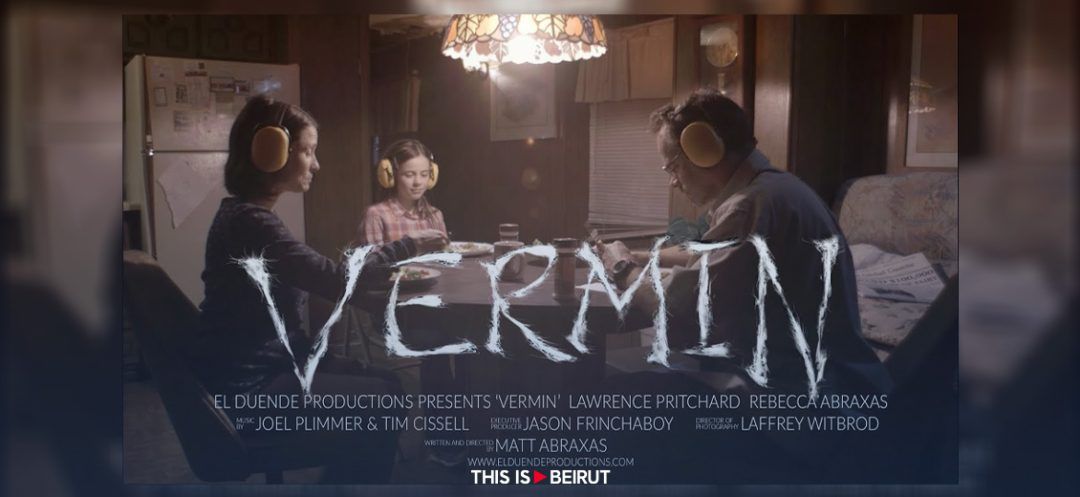
Vermin, a groundbreaking French horror film, is creating a buzz not just for its spine-chilling plot about killer spiders invading a dilapidated apartment block, but also for its trailblazing approach to social commentary. The film has quickly become the first hit of the year in France, marking a significant shift in the portrayal of the country’s ghetto-like suburbs. Traditionally depicted as hotbeds of drug dealing and terrorism, Vermin instead showcases these areas as bastions of hardscrabble solidarity, not plagued by crime but by societal neglect.
Olivier Saby of Impact Films, the co-producers of Vermin, asserts that the film aims to challenge entrenched stereotypes. Founded in 2018, Impact Films has a mission to inject more diversity into French cinema. Saby emphasizes that diversity in film should not be about ticking boxes, but about reflecting real life. “We just want films and TV to reflect real life,” he says, highlighting the gap between the diversity seen in everyday French life and that depicted on screen.
French cinema, lauded for its artistic prowess, has seen progress in gender representation, with French women winning two of the last three Palme d’Or at Cannes. The upcoming Cesars (France’s Oscars) also feature three women among the five nominees for best director, a category historically dominated by men. However, the issue of racial representation remains more complex. Despite the rise of black superstars like Omar Sy of Lupin, the legal prohibition against gathering racial data in France, based on the principle of universalism, hampers the measurement and, consequently, the understanding of racial diversity in the media.
Wale Gbadamosi Oyekanmi, a PR consultant investing in Impact Film, notes the challenge of addressing race in France, where the depth of the issue cannot be quantitatively assessed due to the absence of racial statistics. Analysts circumvent this by measuring how people are “perceived” rather than their actual race. A study by 50/50 Collectif found that 81% of lead characters in French films released in 2019 were “perceived as white,” revealing an imbalance that persists despite not being driven by commercial considerations.
Marie-Lou Dulac, founder of diversity consultancy DIRE et Dire, points out that many in France view the push for diversity as a threat to creativity. However, she argues that embracing diversity is, in fact, a way to renew creativity and move away from stereotypical narratives. Impact Films champions this philosophy by supporting films with LGBTQ, disabled or ethnic minority leads and financing documentaries on environmental and social issues. They also focus on diversifying the workforce behind the camera and collaborating with scriptwriters to break away from cliches.
However, the push for change in French cinema is not without its challenges. The rise of powerful right-wing businessmen in film production, like those behind Vaincre ou Mourir (Victory or Death), reflects a counter-movement that champions traditional, often conservative, narratives. Yet, Saby remains undeterred, seeing the success of Vermin as a sign of changing times. The film is up for two Cesar awards and is on track to be the most successful French horror flick in nearly 25 years.
Vermin represents more than just a horror movie; it symbolizes a shift in the French cinematic landscape. It challenges not only the traditional horror genre, but also the societal norms and narratives that have long dominated French cinema. As Saby notes, there has always been a battle in storytelling, but now, different voices are beginning to emerge, making room on the screen for a more diverse and representative array of stories and characters. The success of Vermin thus signals a new era in French cinema, one that embraces diversity, challenges stereotypes and broadens the scope of narratives that define the French cinematic experience.
With AFP
Read more



Comments